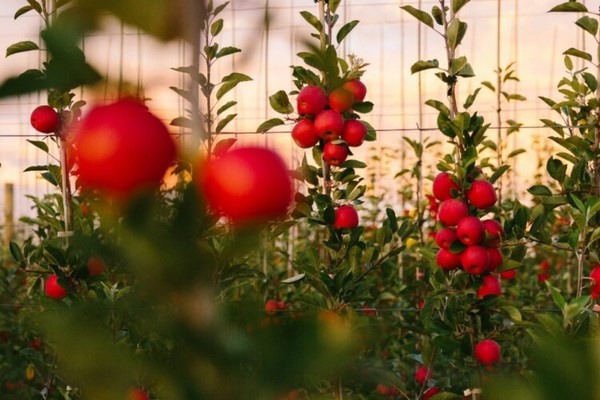Rockit Apples CEO Grant McBeath has addressed grower concerns following reports that some orchardists plan to remove Rockit trees due to poor returns over the past three years.
McBeath confirmed that Rockit is working with growers on options such as grafting over parts of their orchards or transferring plantings to other growers. "We are tightening our quality parameters for the 2026 harvest, and some growers may struggle to adapt their orchards to the changes. So some growers are retaining blocks where they know they can grow great fruit and grafting some blocks across where they know they'll struggle," he said.
The company has introduced new product categories and is seeking to stimulate demand in key markets. However, McBeath noted that Rockit's recovery would take longer than initially expected, with a three-year plan in place to lift profit per hectare and improve supply chain efficiency.
 © Rockit
© Rockit
For the 2025 season, the payout forecast for growers is between US$0.36 and US$0.60 per tube. For 2026, Rockit expects returns of around US$0.78 per tube. The company estimates break-even for most growers at US$0.66 per tube.
High growth projections remain in place. The current harvest of around 60,000 bins is expected to double by 2029, although the annual growth rate is forecast to moderate to about 20 per cent over the next few years.
McBeath acknowledged that volume increases and fruit quality challenges have been compounded by wider market conditions also affecting other premium fruit categories such as apples, durian, and cherries. At the same time, he pointed to a 42 per cent year-on-year increase in sell-through volume as a sign of market movement.
Growers producing smaller Rockit apples have been most affected by payment downgrades, while those using older, low-density tree systems have been hit hardest. "We are working closely with those growers to provide support with internal and external subject experts, consultants, agronomists, and horticultural scientists to improve on orchard efficiency and optimise fruit sizing," McBeath said, adding that the issues were linked to orchard layout rather than regional conditions.
Looking ahead, McBeath said increasing orchard gate returns was the company's priority. "What we've shared with our growers is that the name of the game is getting demand ahead of supply. We will achieve this with a three-pronged strategy: deliver the season, improve our supply chain, and simplify our business."
He added that the focus would shift from quantity to quality through tighter controls, rationalisation of product lines, and the development of new sales channels. Regular progress updates to growers were also promised.
Source: FarmersWeekly
